In this article we discuss some of the myths and research on when is the best time to eat carbohydrate when cycling. It covers off when is a good time to eat before endurance events, when is the best window of opportunity for the maximum absorption of carbohydrate, is a high GI carbohydrate the best for recovery, is it better to eat a large carbohydrate meal straight after exercise or eat smaller amounts over a longer time frame, how much carbohydrate should you consume to restore your levels, should you consume a carbohydrate with a protein to improve muscle glycogen storage after exercise and can you train glycogen depletion to make yourself more efficient.
In this article, we discuss some myths and research on the best time to eat carbohydrates when cycling. It covers when is a good time to eat before endurance events, when is the best window of opportunity for the maximum absorption of carbohydrates, whether a high GI carbohydrate is the best for recovery, and whether it is better to eat a large carbohydrate meal straight after exercise or eat smaller amounts over a longer time frame, how many carbohydrates should you consume to restore your levels, should you consume a carbohydrate with a protein to improve muscle glycogen storage after exercise and can you train glycogen depletion to make yourself more efficient.
Is the best time to eat carbohydrates when cycling before your event? Eating just before an endurance event will enable you to ride for longer or cause you to ride poorly:
Is the best time to eat carbohydrates when cycling before your event? In an article published in the Medical Science in Sports and Exercise, Vol. 31 No.3 1999 seven cyclists were tested for the effect of a pre-exercise meal on time to fatigue during prolonged cycling exercise. The results were not surprising. “While Pre- and post-exercise muscle glycogen concentrations, respiratory exchange ratio, carbohydrate and fat oxidation, and lactate and insulin concentrations were not significantly different between the two trials exercise time to fatigue was significantly longer (P < 0.05) when subjects consumed the breakfast (136 14 min) compared with when they exercised in the fasted state (109 12 min).” The conclusion “the important finding of this study is the increased time to fatigue when subjects ingested the carbohydrate meal with no negative effects ascribed to increased insulin concentrations and decreased FFA concentrations after carbohydrate ingestion.”
Also, this study didn’t support the theory that eating foods or drinks with a high GI just before an event causes a high rise in blood sugar, making you tire earlier. This being said, due to the small sample size, it’s essential to personally test this theory yourself to ensure that you are not affected by a so-called spike in insulin, which causes you to use up your stored muscle sugar at a much faster rate when you eat a High GI food or drink.
Is the best time to eat carbohydrates two hours after your event? You must consume a carbohydrate within two hours to ensure that you take advantage of the window of opportunity for maximum absorption:
The Medicine & Science in Sports & Exercise in 1997 quote an article where they put it to the test… “Six endurance trained men cycled on two separate occasions at a workload corresponding to 70% VO2max for 2 h followed by four all-out 30-s sprints. Following exercise, subjects were fed five high glycemic index (HGI) meals over a 24-h period, with the first three being fed either at 0-4 h (IT) or 2-6 h (DT) at 2-h intervals. Muscle biopsies were taken immediately after exercise and at 8 and 24 h post-exercise and analysed for glycogen and glucose-6-phosphate. Blood samples were obtained prior to and at 30, 60, and 90 min after each meal and analysed for glucose and insulin. No differences were observed in the incremental glucose and insulin areas after each meal when IT and DT were compared. In addition, no differences were observed in muscle glycogen or glucose-6-phosphate any time in the two trials. These data indicate that delayed feeding of a HGI meal by 2 hrs has no effect on the rate of muscle glycogen resynthesis at 8hrs and 24 hrs post-exercise, providing that sufficient carbohydrate is ingested during the recovery period.”
Is the best time to eat carbohydrates straight after an event, and does it need to be a high GI one? The best form of carbohydrate to consume after a ride is a high-GI one:
Is the best time to eat carbohydrate be straight after an event and does it need to be a high GI one? In 1993 American Physiological Society published an article discussing just this. “Five well-trained cyclists undertook an exercise trial to deplete muscle glycogen (2 hrs at 75% of maximal O2 uptake followed by four 30-s sprints) on two occasions, 1 wk apart. For 24 hrs after each trial, subjects rested and consumed a diet composed exclusively of high-carbohydrate foods, with one trial providing foods with a high GI (HI GI) and the other providing foods with a low GI (LO GI). Total carbohydrate intake over the 24 hr was 10 g/kg of body mass, evenly distributed between meals eaten 0, 4, 8, and 21 hrs postexercise… The results suggest that the most rapid increase in muscle glycogen content during the first 24 hr of recovery is achieved by consuming foods with a high GI.”
Is it the best time to eat a carbohydrate meal straight after exercise or eat smaller amounts over a longer time frame?
Here is one from the AIS. They tested the effect of the frequency of carbohydrate feedings after exercise… “Eight well- trained triathletes [x +/- SEM: 25.6 +/- 1.5 y of age, weighing 70.2 +/- 1.9 kg, and with a maximal oxygen uptake (VO2max) of 4.2 +/- 0.2 L/min] undertook an exercise trial (2 h at 75% VO2max followed by four 30-s sprints) to deplete muscle glycogen on two occasions, 1 wk apart For 24 h after each trial, subjects rested and consumed the same diet composed exclusively of high-GI carbohydrate foods, providing 10 g carbohydrate/kg body mass. The “gorging” trial provided the food as four large meals of equal carbohydrate content eaten at 0, 4, 8, and 20 h of recovery, whereas in the “nibbling” trial each of the meals was divided into four snacks and fed at hourly intervals (0-11, 20-23 h). However, there was no significant difference in muscle glycogen storage between the two groups over the 24 h (gorging: 74.1 +/- 8.0 mmol/kg wet wt; nibbling: 94.5 +/- 14.6 mmol/kg wet wt). The results of this study suggest that there is no difference in postexercise glycogen storage over 24 h when a high-carbohydrate diet is fed as small frequent snacks or as large meals”
How much carbohydrate should I Eat to restore my levels?
Department of Kinesiology and Health Education, University of Texas at Austin:
“When people walk at low intensity after fasting, the energy needed is provided mostly by oxidation of plasma fatty acids. As exercise intensity increases (eg, to moderate running), plasma fatty acid turnover does not increase and the additional energy is obtained by utilization of muscle glycogen, blood glucose, and intramuscular triglyceride. Further increases in exercise intensity are fuelled mostly by increases in muscle glycogen utilization with some additional increase in blood glucose oxidation. Muscle glycogen and blood glucose contribute equally to carbohydrate energy production over 2-3 h of moderate-intensity exercise; fatigue develops when these substrates are depleted. Active people can deplete muscle glycogen with 30-60 min of high intensity, intermittent exercise. When the ingestion of dietary carbohydrate is optimal, it is possible to resynthesise muscle glycogen to high concentrations in approximately 24 h, which is the major factor in recovery of exercise tolerance. However, this requires that a 70-kg person eat at least 50 g carbohydrate per every 2 h, beginning soon after exercise, and ingest 500-600 g in 24 h (ie; approximately 7-9 g/kg body wt). Carbohydrate foods eliciting high glycemic and insulinemic responses promote more rapid glycogen resynthesis than do foods eliciting lower glycemic responses. Therefore, foods ingested for energy before, during, or after exercise should be classified according to their glycemic index. Although carbohydrate ingestion before and during exercise adds exogenous substrate to the body, it usually attenuates plasma fatty acid mobilization and oxidation.”
Is the best time to eat carbohydrates with a protein to improve muscle glycogen storage after exercise?
In an American Physiological Society article 1992, they found the following…
“Nine male subjects cycled for 2 h on three separate occasions to deplete their muscle glycogen stores. Immediately and 2 h after each exercise bout, they ingested 112.0 g carbohydrate (CHO), 40.7 g protein (PRO), or 112.0 g carbohydrate and 40.7 g protein (CHO-PRO). Blood samples were drawn before exercise, immediately after exercise, and throughout recovery. Muscle biopsies were taken from the vastus lateralis immediately and 4 h after exercise. During recovery the plasma glucose response of the CHO treatment was significantly greater than that of the CHO-PRO treatment, but the plasma insulin response of the CHO-PRO treatment was significantly greater than that of the CHO treatment. Both the CHO and CHO-PRO treatments produced plasma glucose and insulin responses that were greater than those produced by the PRO treatment (P less than 0.05). The rate of muscle glycogen storage during the CHO-PRO treatment [35.5 +/- 3.3 (SE) mumol.g protein-1.h-1] was significantly faster than during the CHO treatment (25.6 +/- 2.3 mumol.g protein-1.h-1), which was significantly faster than during the PRO treatment (7.6 +/- 1.4 mumol.g protein-1.h-1). The results suggest that postexercise muscle glycogen storage can be enhanced with a carbohydrate-protein supplement as a result of the interaction of carbohydrate and protein on insulin secretion.”
Can you train glycogen depletion to make yourself more efficient?
If you train yourself, can you burn more fat than glycogen at harder intensities? Seems to work with rats…
Pflgers Archiv European Journal of Physiology Volume 354, Number 3, 203-212, DOI: 10.1007/BF00584644
“Carbohydrate depletion during exercise was measured in the liver, in the three types of skeletal muscle, and in the blood of exercise-trained and untrained rats. The acute exercise test consisted of 45 min of treadmill running of progressively increasing intensity. The training program consisted of 6 hrs of swimming per day, 5 days per week for 14 weeks; the training induced an increase of approximately 35% in the respiratory capacity of gastrocnemius muscle, and a 14% increase in heart weight. Glycogen stores in fast-twitch red, fast-twitch white, and slow-twitch red types of skeletal muscle, were depleted significantly more slowly in the trained than in the untrained animals during the treadmill exercise test. Resting glycogen stores in the liver were higher and were depleted more slowly during exercise in the trained than in the untrained animals. Blood lactate concentration was significantly lower in the trained than in the untrained rats at the end of the exercise test. These results provide evidence that endurance exercise training induces adaptations which protect against the depletion of glycogen from the liver and from the three types of skeletal muscle during prolonged exercise.”
So there you have it. Some information about the Best time to eat carbohydrates when cycling. Let me know your thoughts on the subject and what you consider to be the best time to eat carbohydrates when cycling.
- Click here to find out how to burn more fat on your rides
- Click here to use our calculator to work out your ideal and absolute minimum cycling weight
- Click here to find out how to improve your power to weight
- Click here for more eating plans and recipes to help you lose weight
- Click here to find out how to become a leaner cyclist
- How To Get Your Nutrition Right For Longer Rides

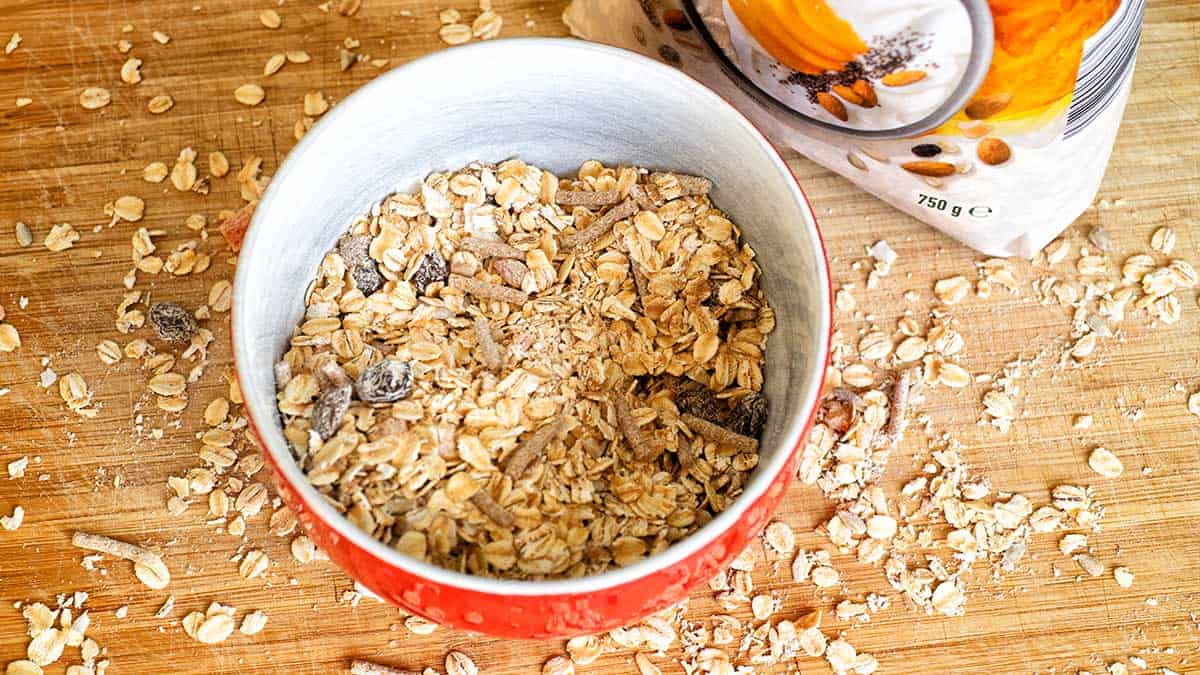
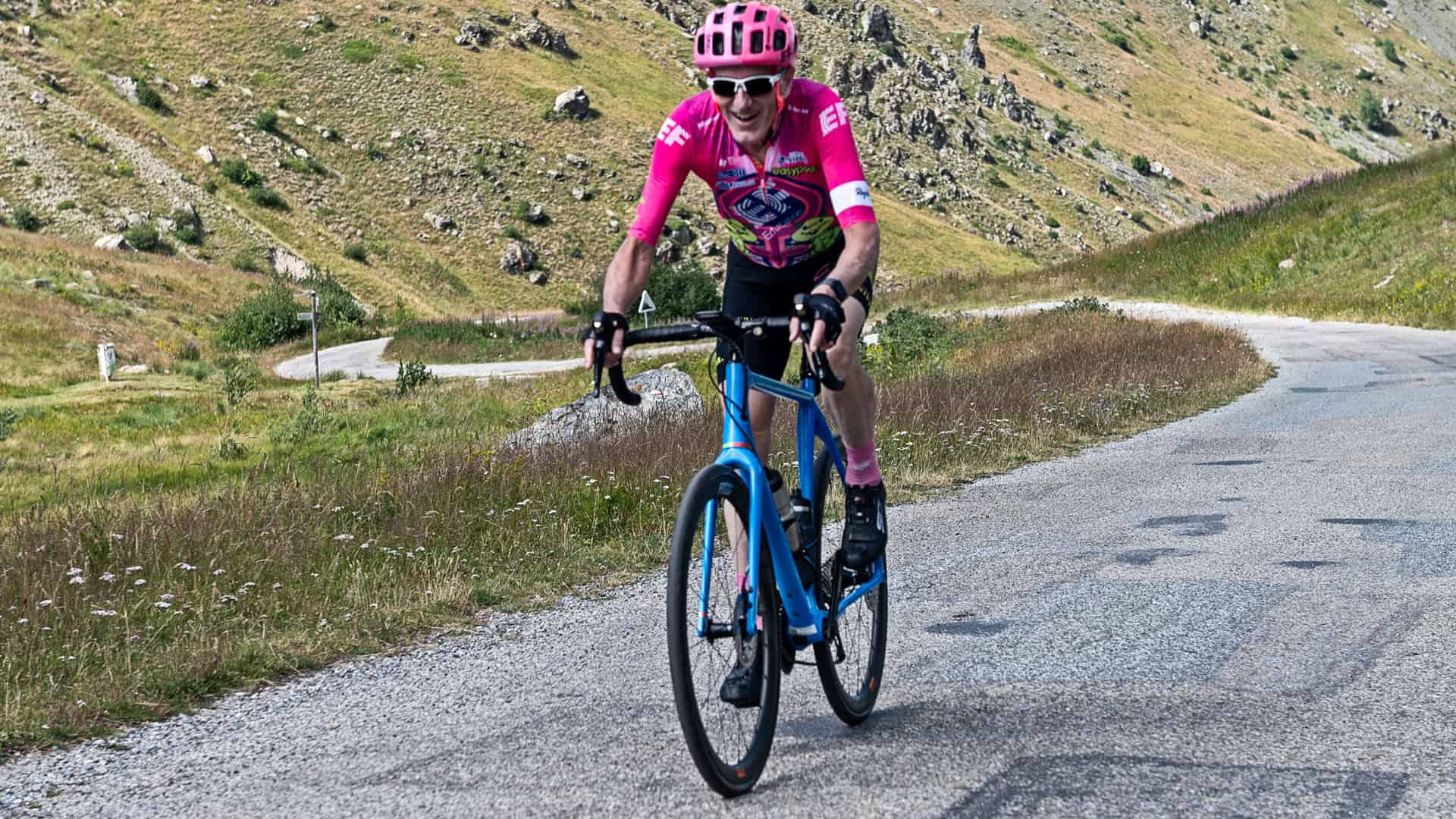
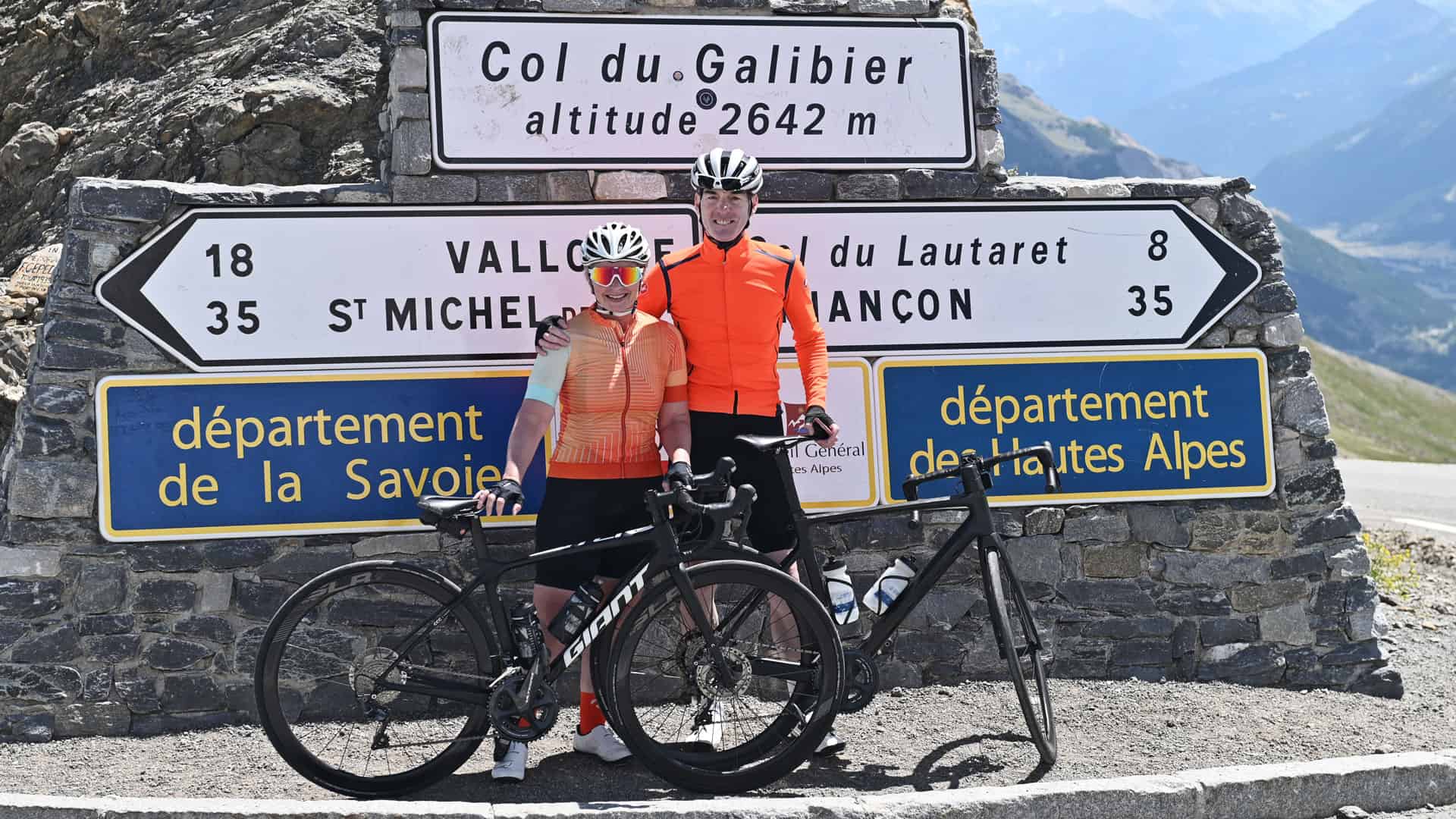
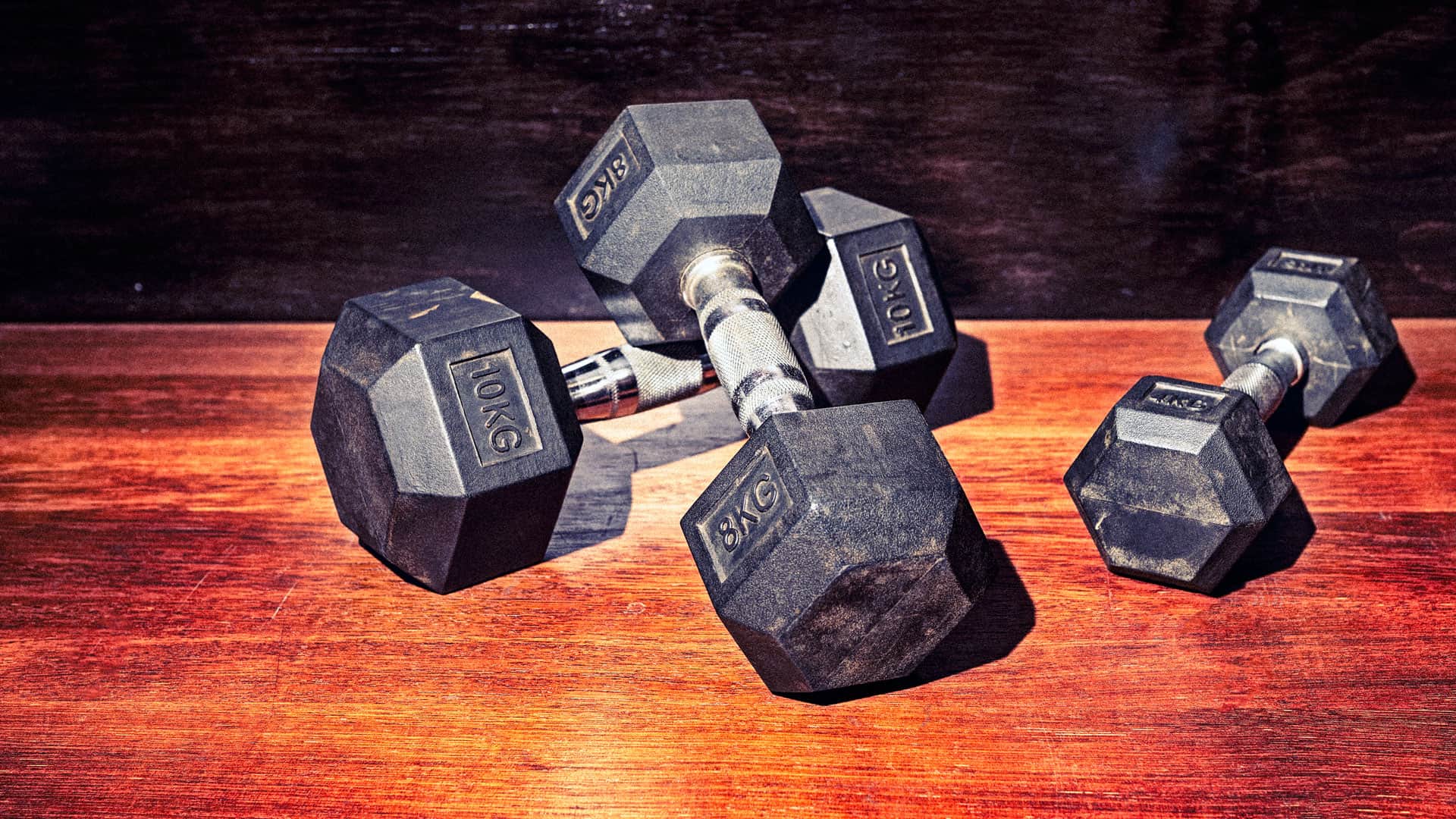
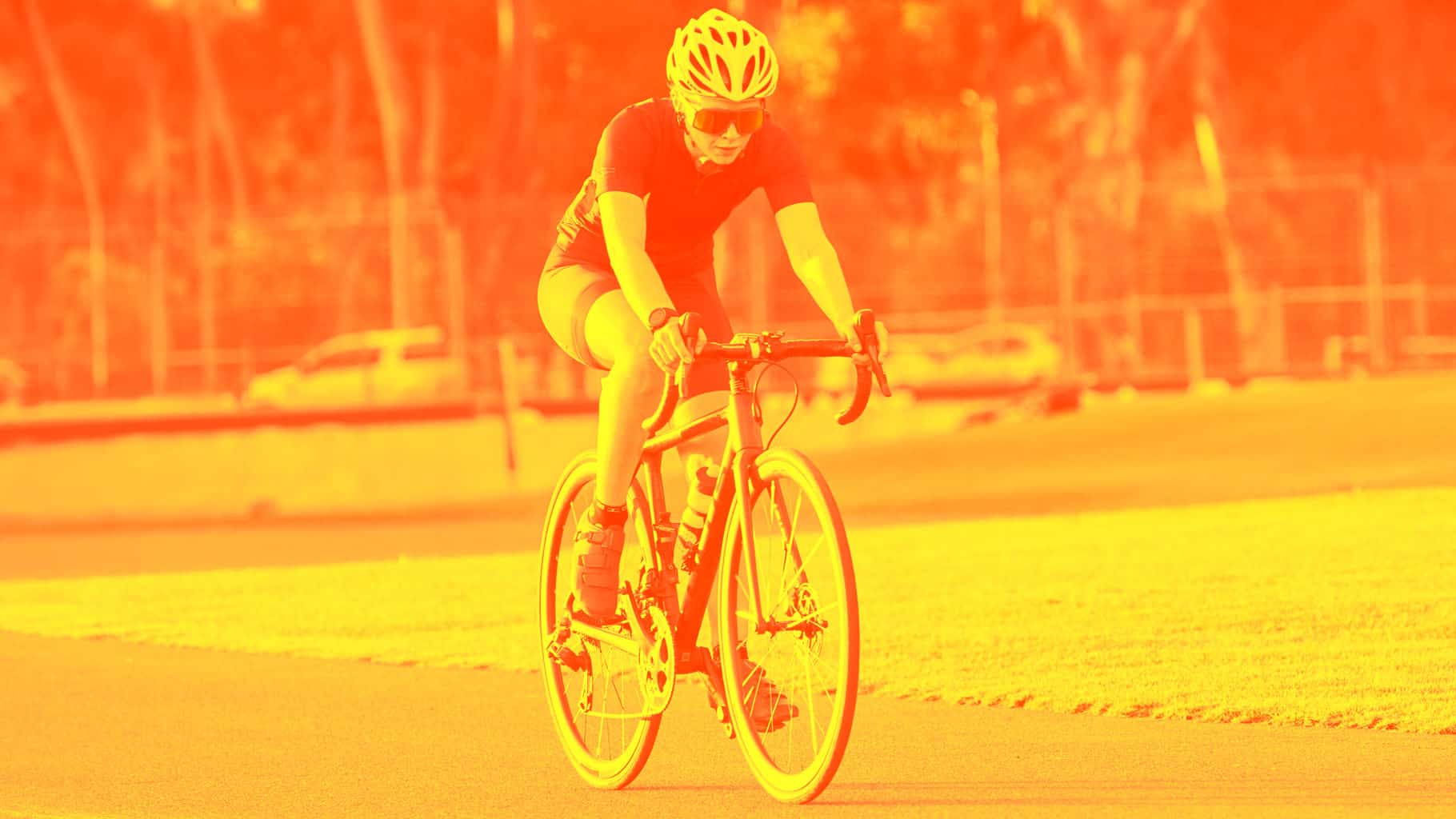
Leave A Comment